Should the public have a say in exhibition programming? The Museum of Fine Arts in Boston seems to think so: for the duration of January it has been coordinating an online poll to select 30 paintings for the exhibition ‘Boston Loves Impressionism’, which takes place this spring (14 February–26 May). With the museum’s European Impressionism Gallery closed for renovation, visitors to the MFA website have been casting votes to decide which canvases, drawn from a range of categories, are to remain on display. At the time of writing in early January, there are 17 watery scenes on the ballot, including 10 paintings by Monet. Poor old Alfred Sisley is languishing on one per cent, and looks set for a stint in storage.
The press release describes this as a ‘crowdsourced’ exhibition. There will be free access for ‘fans’ who take part in the vote. The language here is rather unfortunate, since its proximity to reality TV-speak makes the whole enterprise an easy target for accusations of dumbing down, slipping standards and so on. And there’s an unnerving rhetorical pride in the haste of it all: ‘curators and designers will have just two weeks to install the exhibition and tell the story of Impressionism’. Are ‘Getty’s Got Talent’ and ‘Metropolitan Idol’ just around the corner?
Click here to see the MFA Boston’s top 10 Impressionist paintings
But let’s not be too hard on the MFA. Taking aim at populist ventures for the sheer hell of it is a churlish attitude, and one that bears the marks of facile intellectual snobbery. Of course, ‘Boston Loves Impressionism’ is in part a clever marketing campaign, an opportunity to harvest all-important ‘data’ from Boston residents and promote a slice of the collection even as it disappears from view. But beyond that, perhaps there will actually be a more laudable benefit. For who’s to say that the project won’t in fact give participants some mild sense of agency, at least insofar as they start to engage in the museum’s activities rather than simply consuming what’s offered to them?
That’s certainly how the MFA’s director, Malcolm Rogers, has spun it, proposing a line of inheritance from the first Bostonian collectors of Impressionist works at the fin de siècle to the city’s present-day art enthusiasts. This sounds more like a mindset that Rogers would like to foster than a feeling that already exists – which is precisely why we shouldn’t dismiss the initiative as a gimmick. Anything, however slight, that broadens notions of civic or national responsibility for cultural heritage – as something borne by individuals as well as by institutions and the state – is to be welcomed.
In this country, perhaps nothing does this as successfully as the Art Fund, which expanded its activity in 2011 with the creation of the National Art Pass, providing free access to many venues and discounted tickets for major exhibitions. By the summer of 2013, the charity’s membership had grown by a third to more than 100,000 supporters. A subscription encourages members to feel they contribute, albeit modestly, to an ambitious programme of grants to develop museum collections and how they are cared for. At a structural level, the widespread visibility of the Art Fund consistently flags up the possibility of individual participation and hence a type of ownership. And that, I think, is likely to be as significant as a personal ethical choice as it is as a financial gesture.
The public should be encouraged to feel it shares responsibility for some of the decisions that are made about cultural heritage. Of course, many institutions have highly commendable friends organisations, education programmes and outreach schemes that fulfill that function in all sorts of ways. But we shouldn’t look askance at museums and galleries that experiment with offbeat or untraditional initiatives to boost engagement – provided such things don’t become their sole modus operandi.
Click here to buy the February Apollo
Unlimited access from just $16 every 3 months
Subscribe to get unlimited and exclusive access to the top art stories, interviews and exhibition reviews.


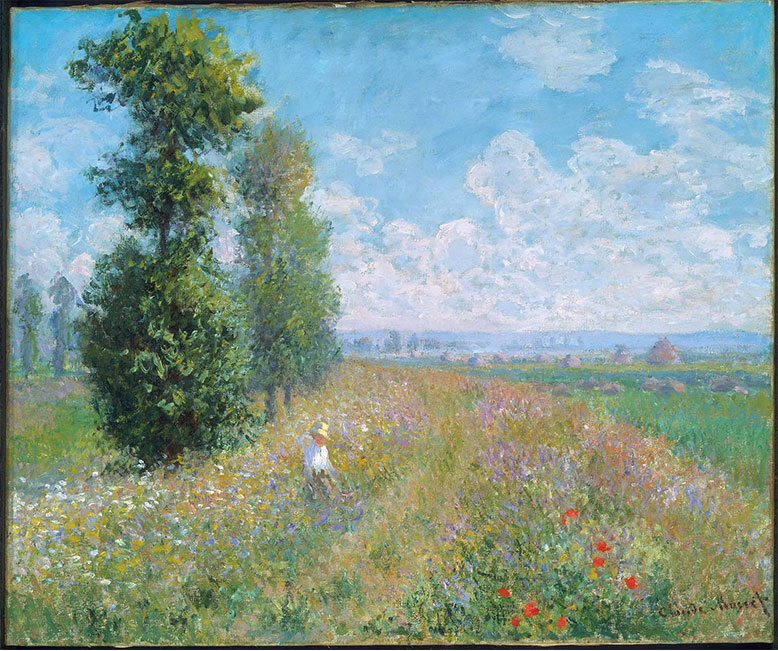



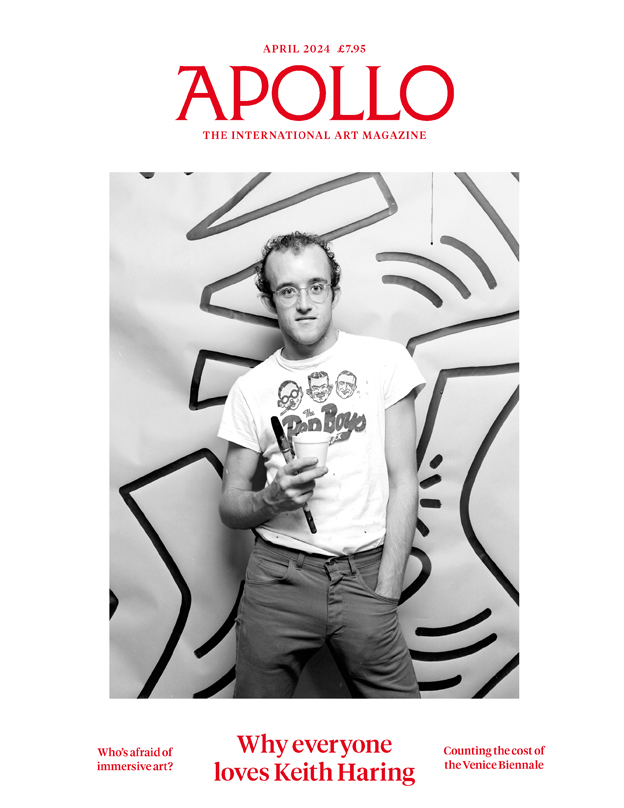




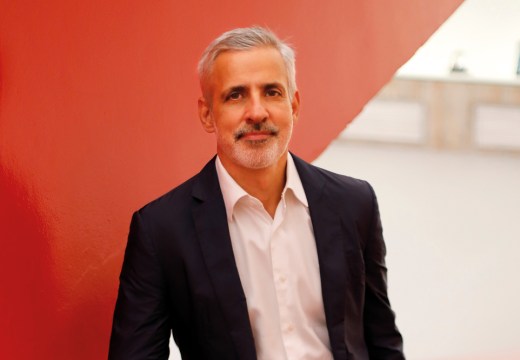
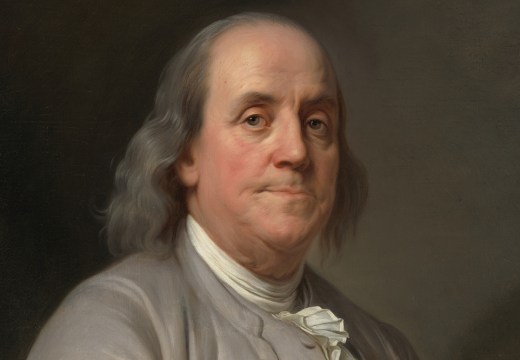
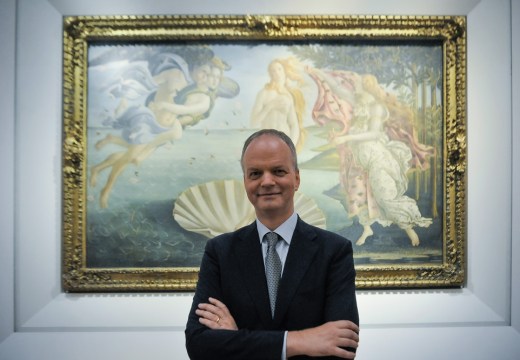

![Masterpiece [Re]discovery 2022. Photo: Ben Fisher Photography, courtesy of Masterpiece London](http://www.apollo-magazine.com/wp-content/uploads/2022/07/MPL2022_4263.jpg)
Why are fathers so absent from art history?